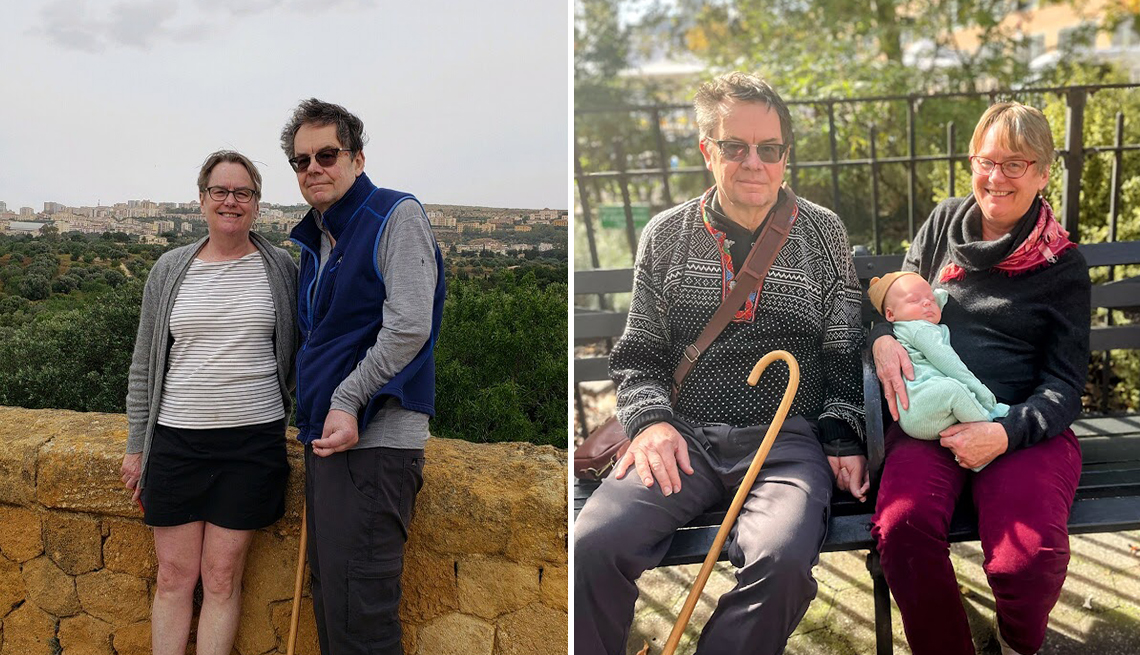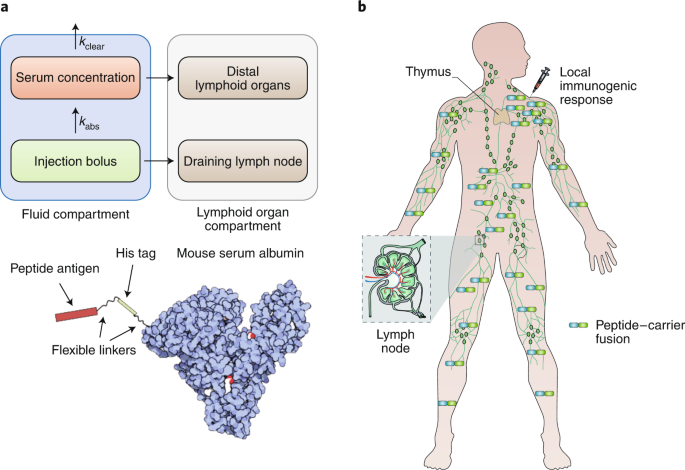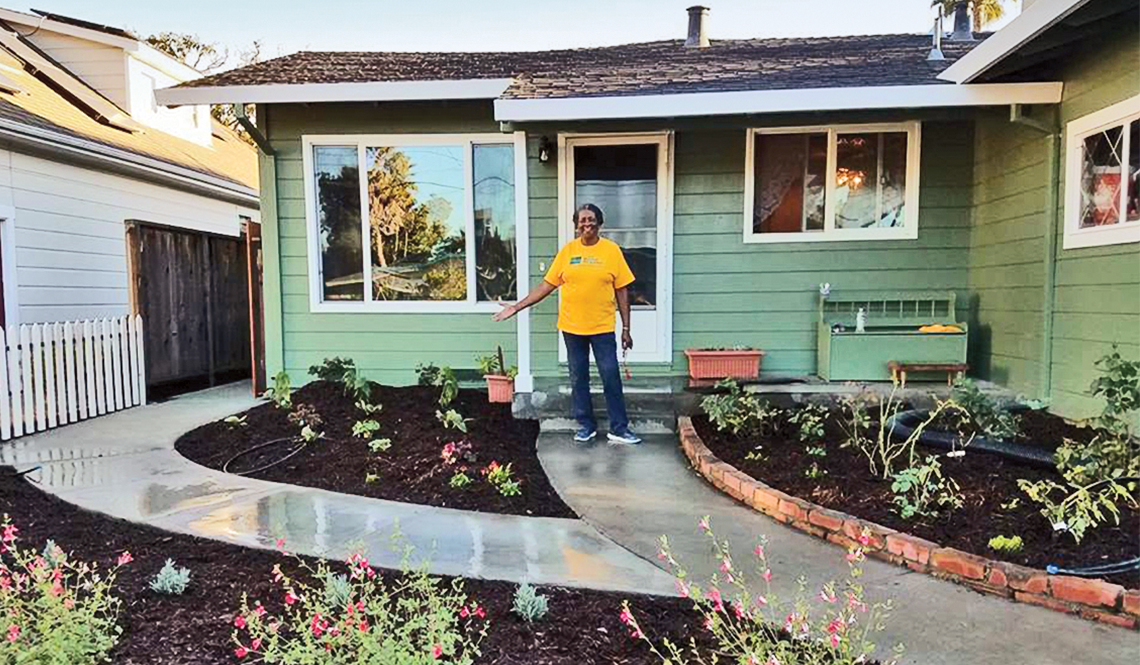
- Select a language for the TTS:
- UK English Female
- UK English Male
- US English Female
- US English Male
- Australian Female
- Australian Male
- Language selected: (auto detect) - EN
Play all audios:
INCORPORATE TOOLS TO ENHANCE MEMORY Use memory aids such as sticky notes, charts, calendars or reminders of important happenings coming up, Bakas says. Engage in activities that stimulate
the brain, such as solving crossword puzzles, playing video and board games, listening to music and taking walks. For the tech-savvy, there are apps that can be accessed via smartphone or
tablet to assist with memory, cognition and even language skills. The American Heart Association recommends several, including Elevate, Peak and Stop, Breathe & Think. FACILITATE MORE
EFFECTIVE COMMUNICATION Although each case is different, if language skills were affected, it can be effective to minimize background noise, articulate clearly and use straightforward
language, Bakas says. Posing concise yes/no questions and using gestures such as a thumbs-up and -down can also be helpful. “Always verify their understanding instead of assuming,” Bakas
adds. If needed, “give the survivor a card they can show others when they are trying to communicate. The card can say something like, ‘It is very hard for me to speak, read or write because
I have had a stroke. I can usually understand what you are saying if you speak clearly. Thank you for your help and patience.’ ” CULTIVATE AN ONGOING PARTNERSHIP WITH A HEALTH CARE PROVIDER
Like routine dental visits, it’s beneficial to schedule regular sessions with a professional, such as an occupational therapist or a psychologist, Ryerson says. It doesn’t have to be a
doctor. It just needs to be a knowledgeable professional with whom you have a good rapport. The aim is to ensure “you’re not starting at square one every time there’s a small issue,” Ryerson
says. “If you catch the small issues before they get big, you’re ahead of the game.” Bakas suggests keeping a list of daily medications — including a medicine’s name, dosage and any
possible side effects — and bring it to all appointments. CONSIDER A CAREGIVER SUPPORT GROUP Those in similar situations can provide not only ideas and resources for taking care of a loved
one, but also insights on how to take better care of yourself. McKean is active in the Caring Connection at the nonprofit Stroke Comeback Center in Vienna, Virginia. “I’m not a big joiner.
I’m not a big clubby person,” she says. “But this is important to me. It gives you a feeling of connectedness in a group that really understands what it’s like.” ADD MORE JOY TO BOTH OF YOUR
LIVES Reimagine activities that you and a loved one enjoyed together, Ryerson says. For instance, if travel was a shared passion, you could take a car ride to a beach or through the woods,
roll down the windows and take in the scenery. If dining out with others was part of your routine, you can order takeout, set a table up outside and invite two people over to have an
alfresco meal with you. People with mobility challenges may benefit from working with a recreational therapist who can help them enjoy hobbies in an adapted manner, says Hedges Eichenbaum.
“With the help of a recreational therapist, people with mobility issues have even been able to go skydiving and skiing,” she says. In addition, there are virtual and in-person social events
designed for people who have mobility challenges. Check out your state Brain Injury Association’s events page for information. MAINTAIN HOPE “There’s no cookie-cutter approach to this.
You’ve got to figure it out in terms of your situation,” McKean says. “You can learn how to deal with it. A positive attitude goes a really long way.” That stance — along with McKean’s
support, the help of therapy and Borthwick’s determination — led to substantial progress on his end. “Russell could barely sit upright and could not walk for the first year and a half after
his stroke,” McKean says. “He now walks around the house without a cane, and walks with a cane outside the house. He has much more independence.” If maintaining hope feels beyond your
ability, enlist the assistance of a therapist or mental health professional to help light the way.





